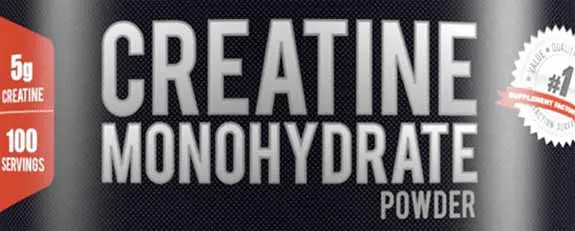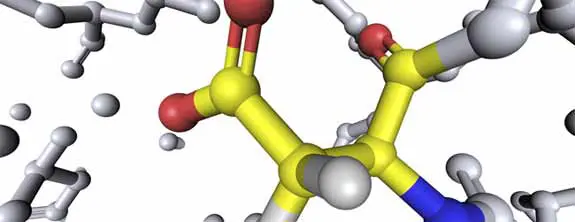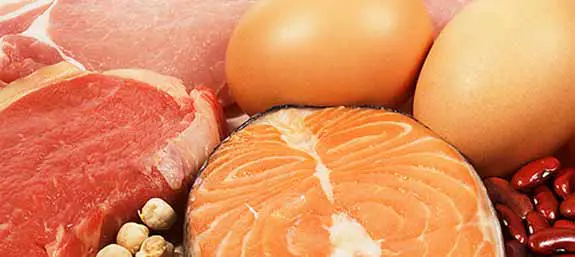There are countless dietary supplements on the market. Some of them are more specialized than others are, and many of them make conflicting claims about what is most necessary for you to attain and maintain your desired results.
Many products make vague claims about their function and efficacy and are ultimately a waste of money. Most people will not need the most specialized supplements to get the most out of their fitness routine, but may be left wondering what supplements are the ones that will have a recognizable effect on their workouts.
The substances found in supplements are typically also found in the human body. The body can often store these substances in higher levels than it makes. It can be beneficial to take a supplement to increase the levels of certain substances in the body.
#1 CREATINE
Creatine is one of these substances. Creatine is used by your body to produce protein, aiding in muscle repair and enhancing muscle and mass formation. Another form of creatine, creatine phosphate, is used in cellular respiration to produce more energy than you would be normally be able to. Creatine phosphate is especially useful in anaerobic exercise since it postpones lactic acid buildup and allows you to push your workout further.
Creatine is found in red meat, but people who are vegetarian or who abstain from eat red meat would especially benefit from creatine supplements.
#2 VITAMINS AND MINERALS
Vitamins and minerals are substances that the body cannot naturally produce on its own. It is difficult for many people to get all of the vitamins and minerals they need daily, since they may rely on overly-processed food with little nutritional value. Because of this, multivitamins are a necessary part of a person’s diet; for athletes, the need to supplement vitamins and minerals becomes even greater. Vitamins and minerals perform a range of functions in the body, assisting in tissue formation and repair, immune function, and energy production and use.
#3 FATS
Fats are one of the three substances that are necessary for our bodies to survive (the other two are proteins and carbohydrates). The term ‘fat’ can refer to several different types of fat. The most significant fats are triglycerides, cholesterol and steroids. Healthy fats – monounsaturated and polyunsaturated fats – should be included in your diet at higher levels than saturated fat, which is an unhealthy fat. Healthy fats tend to be plant fats. Fats can be converted into energy, used in some tissue and hormone formation, and in other crucial bodily functions such as healing and communications between cells.
#4 AMINO ACIDS
Amino acids are substances that are used in protein formation and can serve as a source of energy when the normal compounds used for energy are depleted during workouts. There are twenty amino acids in the human body, all but nine of which the body can produce on its own. The nine amino acids the body cannot produce are known as essential amino acids. Branched chain amino acids are of particular interest to athletes, since they can be used by the body during workouts in lieu of glycogen and can accelerate muscle repair after exercise.
#5 PROTEIN
Protein is of particular importance to people interested in building muscle mass or people who do resistance training. Some athletes may require almost twice as much protein as people who do not engage in these kinds of training. Protein is the body’s second source of energy when carbohydrates are depleted, but its primary use is in building and repairing muscle tissue. Most people can get their needed protein from food. However, some people may find it easier and more efficient to use protein supplements, since people with high protein needs may need to eat much more than they are comfortable eating.














